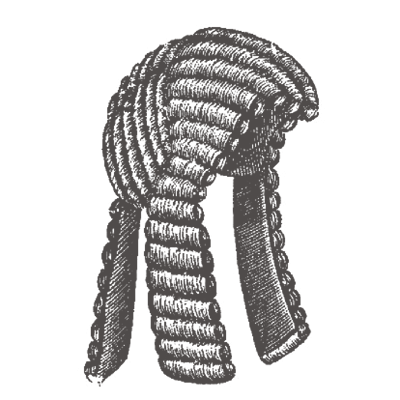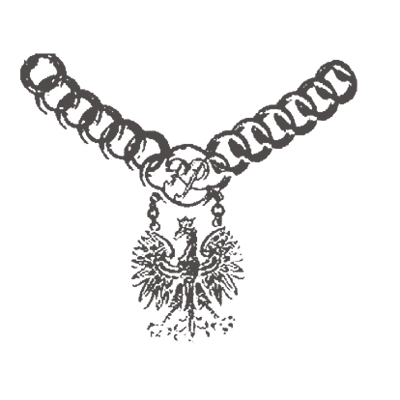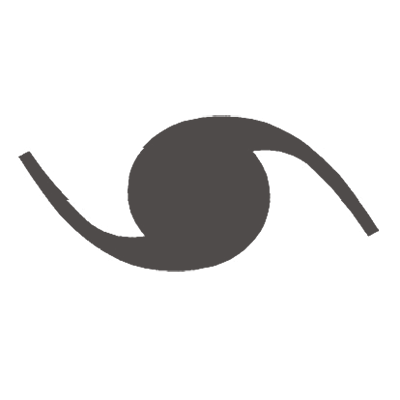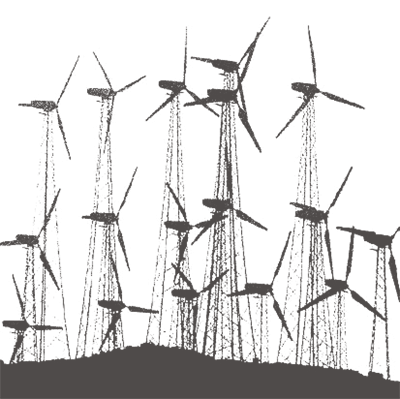New procurement thresholds in 2022
The EU thresholds and the euro exchange rate for converting threshold amounts from euros to Polish zlotys will be higher from 1 January 2022. The PLN/EUR conversion rate is also going up.

Tales from the National Appeal Chamber: Key part of the contract—a contractor may challenge the obligation to perform works personally
Requiring personal performance of key tasks is one of the guarantees of proper contract performance. However, contracting authorities must remember that this institution cannot be abused and treated mechanically, without taking into account the specifics of the given procurement. Therefore, contractors may challenge the terms of reference if they believe that the requirements are too stringent and limit their ability to participate in performance of the contract. Such challenges can be effective, as demonstrated by the ruling by the National Appeal Chamber of 13 October 2021 (KIO 2733/21).

The dispute over the Polish judicial system and the security of legal rulings: On the common-law de facto doctrine of judicial competence
The legal chaos into which the Polish judicial system has been plunged generates huge practical problems and threats to the security of legal rulings. It casts into doubt the legality of hundreds of judicial appointments and the validity of thousands and thousands of rulings on which commercial and social life are based. One way to contain these threats could be the principle functioning in common-law countries known as the “de facto doctrine,” which under certain conditions allows the acts of judges and officers who were unlawfully appointed to be deemed nonetheless valid. Outside the common law, this doctrine could also be inferred from the constitutional principle of the rule of law as well as the fundamental principles of EU law.

Data Governance Act: A step closer to easier sharing of data
On 30 November 2021, the Council of the European Union and the European Parliament reached a provisional agreement on the final wording of a draft Data Governance Act (DGA) (COM/2020/767 final). The aim of the proposal is to promote the availability of data and to build a trustworthy environment facilitating the use of data (both person and non-personal) for research and creation of innovative new products and services. It is also intended to create a legal framework for easier sharing of data and mechanisms facilitating re-use of certain data held by the public sector, including data involving health, agriculture and the environment.

Changes in Polish public procurement law
Public procurement is the process by which public authorities – government departments or local authorities – purchase work, goods or services from companies in the market. Recent changes to the public procurement law brought many improvements.

Simplified restructuring proceeding
So-called simplified restructuring proceeding has been introduced into Polish law in June 2020. It is quite quick, deformalized and highly beneficial to firms facing bankruptcy. It provides protection against creditor enforcement and termination of contracts, as well as an opportunity to reduce debt (if agreed to by creditors).

Moratorium on the filing of bankruptcy declarations
The pandemic impacted a number of businesses in Poland. To prevent some of its negative consequences a moratorium on the filing of bankruptcy declarations was introduced in Polish law on 13 April 2020.

News from Poland—Business & Law, Episode 13 (part 1): interrogation of a foreigner as a witness
This time Stanisław Drozd and Konrad Grotowski explain what to expect if you are a foreigner testifying as a witness before the Polish civil court. The second part of the film will be published in January next year.

Pregnancy register: Surveillance tool or technological advance?
Convenient access to full medical records is an important goal, but it cannot be pursued contrary to the GDPR and the Constitution. Liability for use of beneficiary’s data for non-medical purposes should also be regulated.

New provisions on by-products
The amendment to the Waste Act which is to come into force at the beginning of 2022 implements the amended Packaging and Packaging Waste Directive into the Polish legal system and constitutes a step towards a circular economy. One of the more significant changes relates to by-products.

Minister of Infrastructure takes first step on new offshore wind permits in Poland
On 1 December 2021, the Minister of Infrastructure published a long-awaited regulation on evaluation of applications for licences to erect artificial islands (offshore location licences). Investors who obtain permits will be able to participate in future auctions for offshore wind farms.

Penalties for failure to transfer Passenger Name Record data
According to recent press reports, as many as 210 air carriers that operated air transport on routes to and from Poland in 2018 may be fined for breach of the Passenger Name Record Data Processing Act. In just four months (June–September 2021), the commander-in-chief of the Border Guard instituted some 17,000 proceedings against them seeking to impose administrative penalties, exposing them to fines that could total as high as PLN 640 million. Given that between 2018 and 2020 there were nearly 940,000 passenger-related flight operations (on both domestic and international routes) in Poland, this may represent just the tip of the iceberg.
